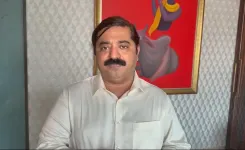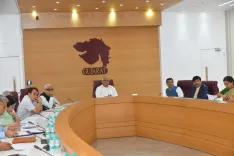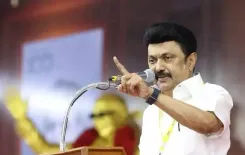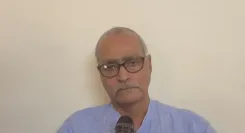Why Did Calcutta HC Stop the Government from Acting Against a Doctor Protesting His Transfer?
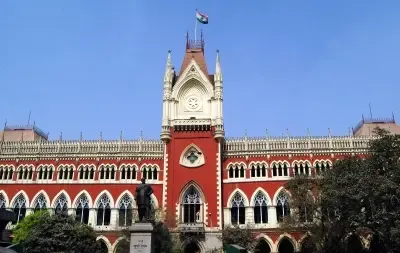
Synopsis
Key Takeaways
- Calcutta High Court intervenes to protect a doctor from government actions.
- The transfer was labeled as arbitrary and unjust.
- Justice Basu emphasized the need for government discretion.
- The case reflects ongoing tensions within the medical community.
- The situation underscores the importance of accountability.
Kolkata, July 30 (NationPress) A single-judge Bench of the Calcutta High Court has prohibited the West Bengal government from initiating any administrative or disciplinary measures against a senior resident doctor who challenged his 'unjust' transfer to a distant location in the state. The doctor, Aniket Mahato, has been a prominent advocate for justice following the horrific rape and murder of a junior doctor at R.G. Kar Medical College & Hospital in Kolkata last August. He recently filed a petition with the Calcutta High Court contesting his transfer executed by the state health department.
The case was presented before Justice Biswajit Basu on Wednesday, who ultimately ruled that the state government must refrain from taking any punitive actions against Mahato while the case is pending. The Bench also rejected the government's request to transfer the proceedings to the State Administrative Tribunal (SAT).
The West Bengal government's argument was that, since it funds the stipends for senior resident doctors, the case should be addressed at the SAT. However, Justice Basu dismissed this claim, asserting that the matter would remain under his jurisdiction.
Mahato argued that as a post-graduate student in medical science, his role as a senior resident doctor is contractual rather than permanent, and therefore does not fall under the obligations of permanent employment.
Justice Basu also advised that the state government should exercise caution before making similar decisions in the future.
The West Bengal Junior Doctor’s Front (WBJDF), which represents junior doctors in the state and leads the protest against the R.G. Kar incident, condemned Mahato's transfer and that of other doctors involved in the movement as a form of government reprisal.

